Institute
The Wake Forest University Environmental and Epistemic Justice Initiative (EEJI) is a multi-pronged Mellon Foundation funded research, teaching, and community engagement project that places at its center environmental and epistemic justice. The EEJI critically examines how and in what ways race and regimes of racial knowledge shape and inform our scholarly practices, public policies, and normative concerns.
The Institute will highlight issues of race, racialization, and the environment at the local and regional level with possible applicability to other communities across the United States.
2026 Institute
Applications are open for the 2026 Environmental and Epistemic Justice Journalism Fellowship in London, England.
The EEJI Journalism Fellowship provides an opportunity for 4-6 early to mid-career journalists to attend the fourth annual Summer Institute with the goal of improving coverage of the many environmental justice issues, while helping to diversify the ranks of environmental journalism.
Applicants must be published journalists with at least one year of reporting and feature writing experience for newspapers, magazines, or digital media outlets. Each fellow will receive a $3000 reporting stipend, plus expenses for travel and accommodations to attend the 2026 Summer Institute at INSTEP-WFU London, England. For the 2026 session, the Institute is very interested in proposals that focus on the intersection of environmental and climate justice and health, particularly in the southeast and mid-Atlantic.
Direct questions and inquiries to Melba Newsome, Summer Institute Director, newsomem@wfu.edu.
Application deadline: February 15, 2026.
2025 Institute
The 2025 Summer Institute was held at Wake Washington Center from June 2-6, 2025. We are pleased to welcome our third cohort to this distinct community of journalists.
2025 Mellon Environmental Justice Summit
2025 Institute Director
Melba Newsome is an independent journalist, editor and writer who has written and published hundreds of articles for national, regional and local publications including Scientific American, Newsweek, Bloomberg, Wired, AARP, Charlotte, Glamour, Playboy, Oprah, Reader’s Digest, Parade and The New York Times. She began her career writing dramatic narratives about everything from serial killer groupies to women in harems for women’s magazines, including Marie Claire, Good Housekeeping, Cosmopolitan, Woman’s Day, and Redbook. Her reporting is focused primarily on health, science, and the environment, with a focus on social justice and health disparities. A feature in O, The Oprah Magazine about genetic testing earned her the June Roth Award for Medical Journalism. She received a Reynolds Institute fellowship and an EWA Reporting fellowship. She has reported extensively on the physiological, emotional, and societal impact of the coronavirus. She was a 2021 MIT Environmental Solutions Initiative Journalism Fellow, publishing stories with Yale360 and other news outlets.
2025 Institute Faculty
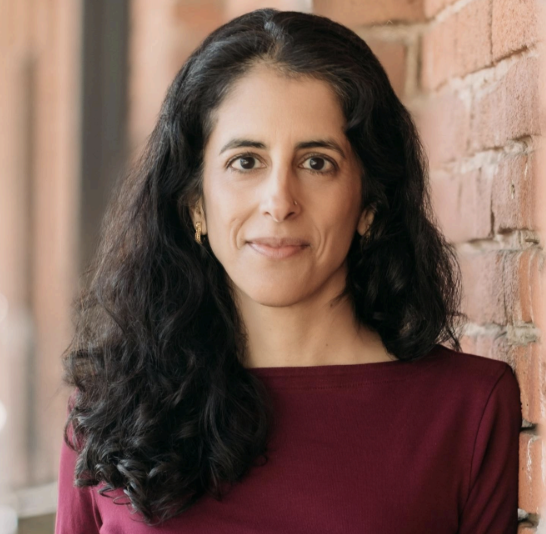
Maya L. Kapoor is an award-winning journalist who covers biodiversity, climate change, and environmental justice stories through systems journalism. Her stories center human experiences in a rapidly changing world. Previously she was an associate editor at High Country News and directed the journalism minor at North Carolina State University. She’s currently a staff writer at Mongabay, where she covers biodiversity and conservation in California.
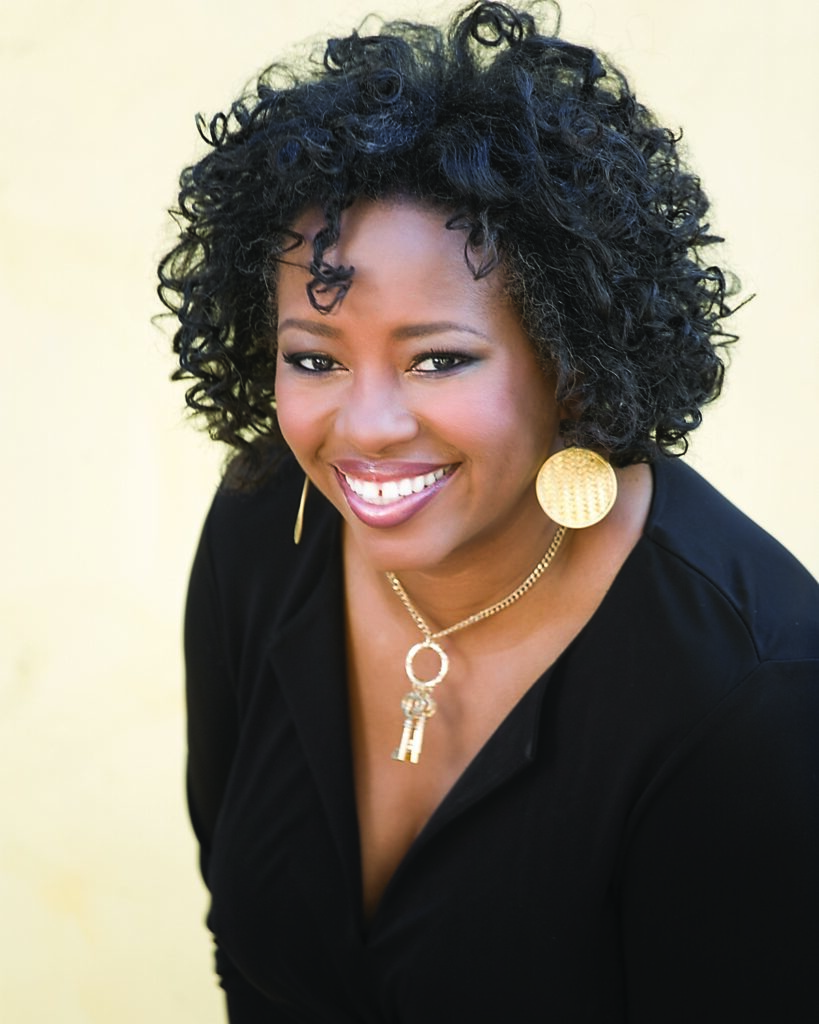
Dr. Yanick Rice Lamb is a professor and former chair of the Department of Media, Journalism and Film at Howard University. The NABJ Educator of the Year is co-director of HUNewsService.com and teaches reporting, editing, and health and science writing. Dr. Rice Lamb is also co-founder of the health website FierceforBlackWomen.com. Previously, she was editor-in-chief of Heart & Soul and BET Weekend magazines; an editor at the N.Y. Times, the Atlanta Journal-Constitution, Essence and Child magazine; a reporter at the Toledo Blade; and a contributing editor for Emerge: Black America’s Newsmagazine.
Blending her roles as a journalist and medical sociologist, she draws upon her upbringing in industrial Akron, Ohio, to center the lived experiences of people bearing the brunt of pollution, systemic neglect and corporate power. The Center for Public Integrity and Belt Magazine co published her three-part series, “Unintended Consequences: The Rubber Industry’s Toxic Legacy in Akron,” with support from the Fund for Investigative Journalism. Honors included the National Press Foundation Thomas L. Stokes Award for Best Energy and Environment Writing and the AIHA Occupational Health Story of the Year.
She is completing In My Backyard: How Pollution and Climate Change Are Making Black America Sick to Death for HarperCollins. She is also co-author of Born to Win: The Authorized Biography of Althea Gibson and a contributor to We Refuse to Be Silent: Women’s Voices for Justice for Black Men.
Dr. Rice Lamb earned her MBA and doctorate from Howard University and bachelor’s in journalism from The Ohio State University.
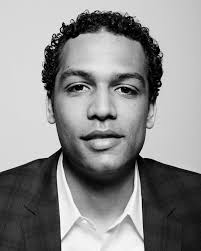
Justin Worland is a senior correspondent at TIME where he writes about climate change and the intersection of politics, policy, and society. For the last decade, his stories have explored how climate change—both its effects and our response to it—is reshaping the world around us. In 2022, Worland was named the inaugural Climate Journalist of the Year by Covering Climate Now. Justin serves as a founding board member at the Uproot Project, a non-profit that works to diversify environmental journalism. He is the journalism fellow at the University of Chicago’s Energy Policy Institute and the Outrider Foundation fellow at TIME. Justin graduated from Harvard College where he studied history.
2025 Institute Fellows
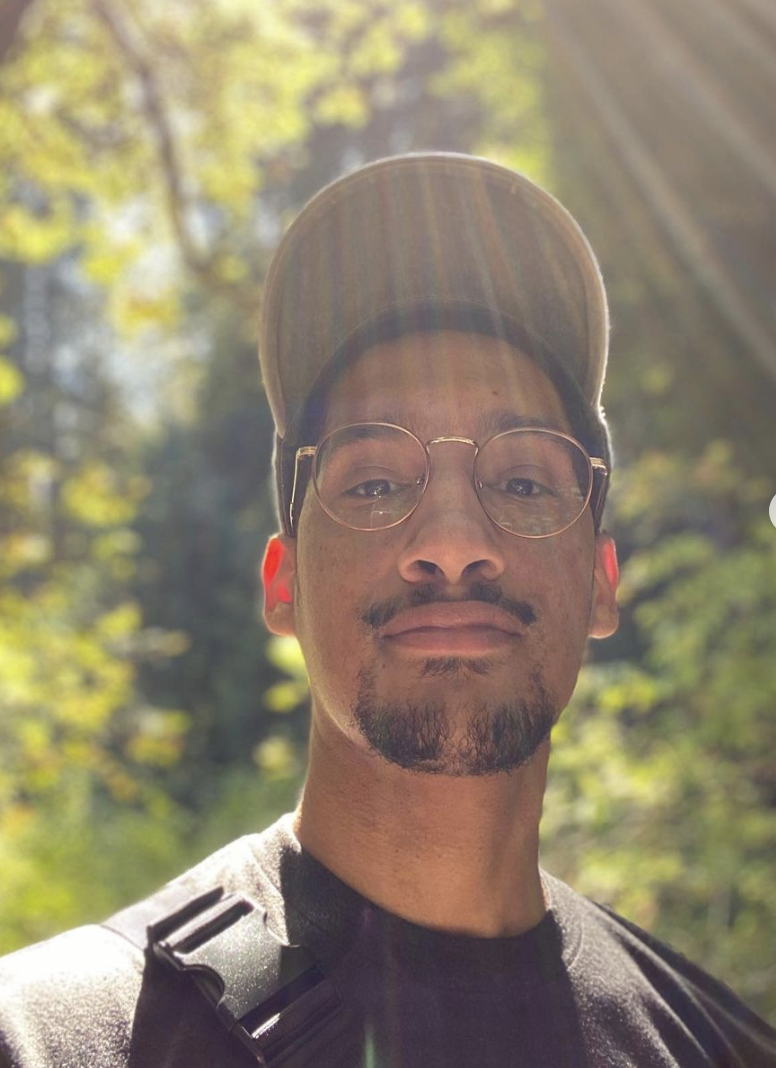
Lindsey Botts is currently the digital editor at Sierra magazine. Botts plays a central role in curating the mix of news articles, opinion pieces, service journalism, and current events explainers by collaborating with our editorial team to conceive and assign articles for both our print quarterly and online editions. Previously, he was an environmental reporting fellow at The Arizona Republic and an editorial coordinator at Vox.com. He received his bachelor’s in communications from the Fashion Institute of Technology and a master’s in journalism from Central Saint Martins University of the Arts London.
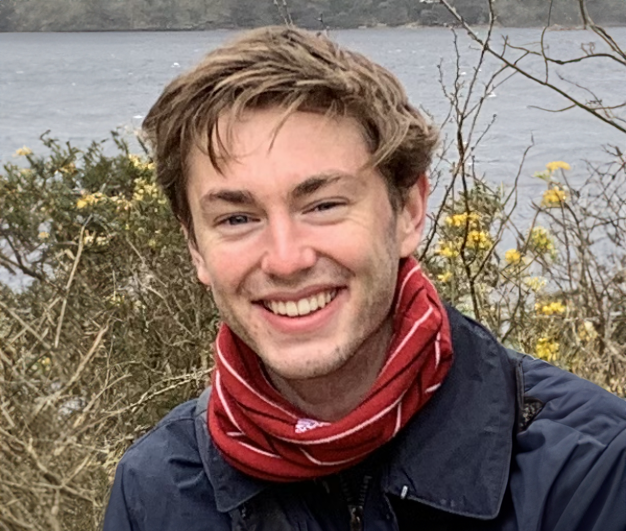
Paul Gordon is a Chicago-based environmental journalist, photographer and arborist. His work appears in The Nation, Grist, The New Lede, Sierra Magazine, Belt Magazine, Civil Eats, Association of Health Care Journalists, Clean Energy Wire and In These Times. Gordon graduated from DePaul university where he studied international relations and journalism. During summers in college, he worked in conservation across the East Coast for US Fish and Wildlife and the National Park Service. After finishing school, Gordon worked in conservation and field ecology for the National Audubon Society, Forest Preserves of Cook County, and Fermilab. After being awarded the Congress-Bundestag Exchange Fellowship, he worked as a correspondent for Clean Energy Wire in Berlin and furthered his education in journalism at Freie Universität.
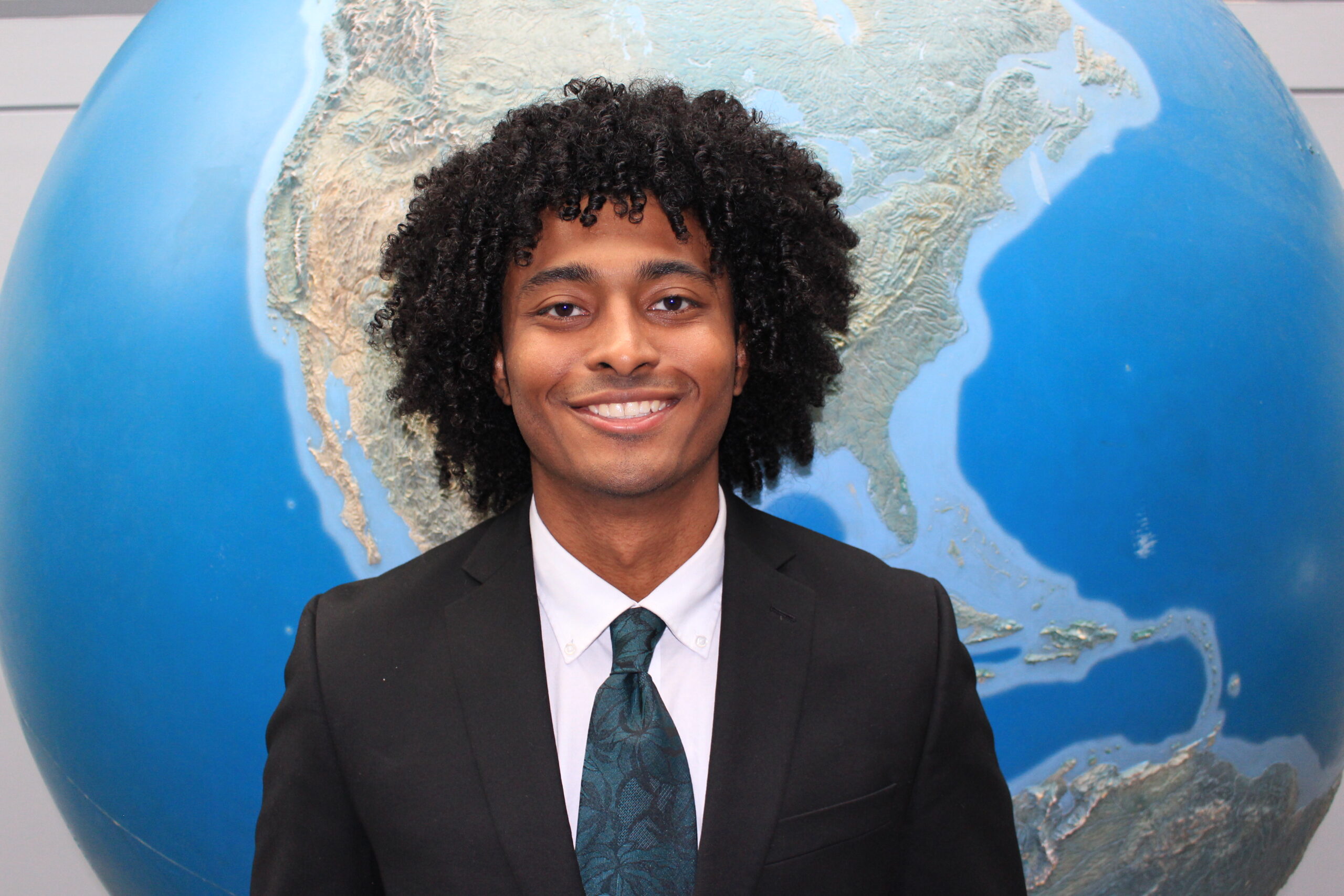
Mark Lannaman is passionate about renewable energy, environmental stewardship, sustainable development, innovation and equity. His media journey began as an intern for NPR Atlanta and later became a conference fellow for the Society of Environmental Journalists 2022 and a participant for the Institute of Journalism and Natural Resources. Lannaman also directed a documentary on Atlanta’s gentrification, which was nominated for a 2022 Southeast Emmy, and was an associate producer on a documentary about the 1996 Atlanta Olympics. Lannaman covers environmental issues for the Saporta Report.
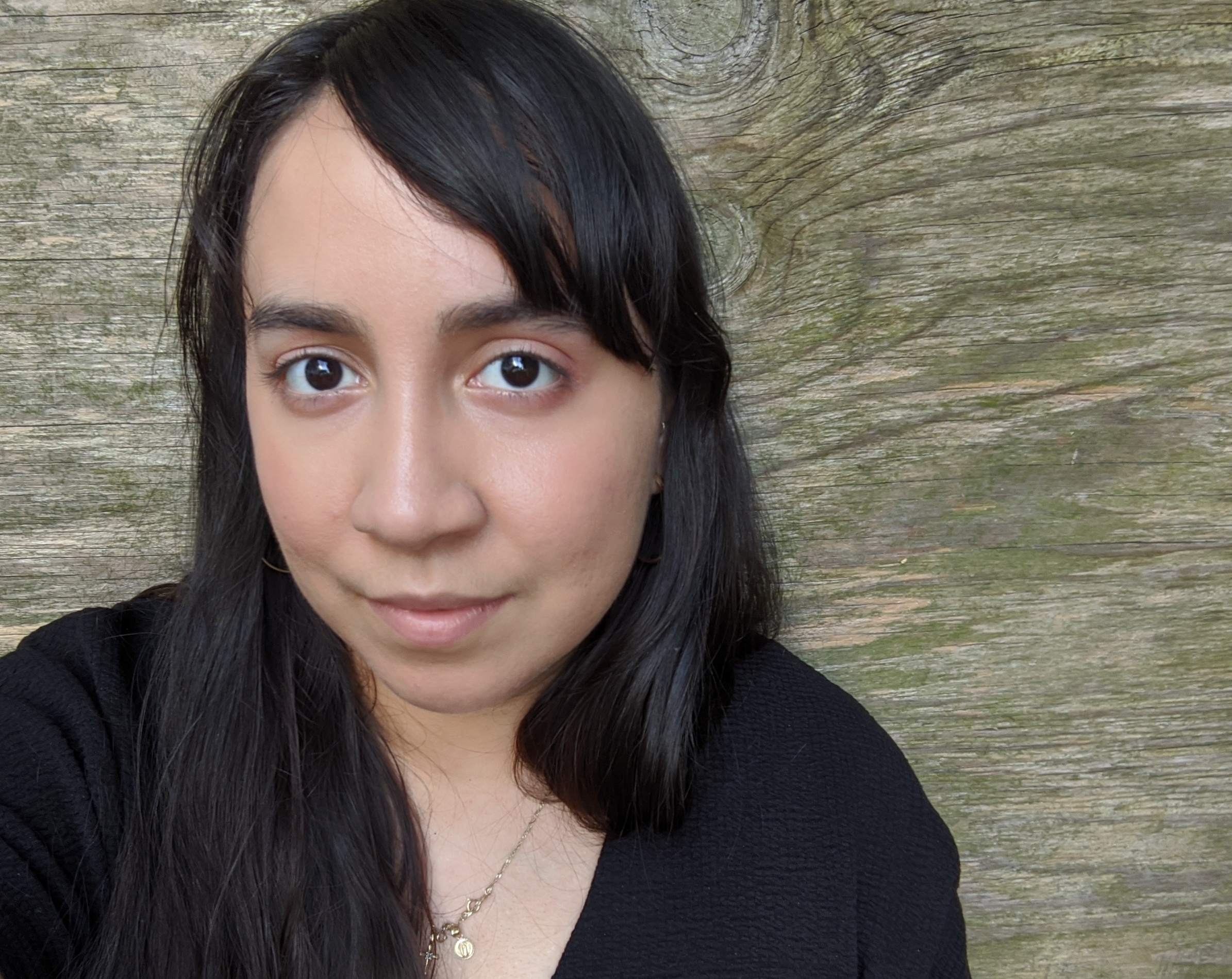
Angely Mercado is a writer and fact-checker based in New York City. Her work has appeared in Teen Vogue, One5C, Gizmodo, Live Science, Sierra Magazine, and many more. She often writes about conservation, climate resilience, and the intersection of pop-culture and environmental justice. Follow her work via her Substack, Media Mercado.
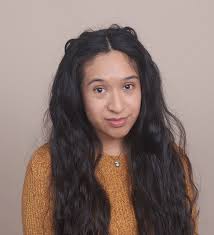
Jeniffer Solis is an environment and energy reporter for the Nevada Current, a nonprofit news outlet focused on state-level policy in the States Newsroom network. Since starting her career, she has received numerous fellowships and top honors from the Nevada Press Association and the Society of Professional Journalists — Las Vegas. Jeniffer was born and raised in Las Vegas, Nevada where she attended the University of Nevada, Las Vegas before graduating in 2017 with a B.A in Journalism and Media Studies.
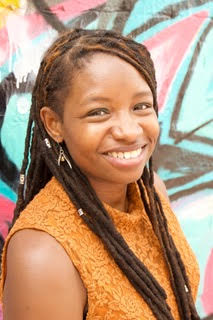
Diara J. Townes is the Audience Engagement Manager at Sunlight Research Center, a nonpartisan journalism support organization helping newsrooms produce fact-based, transparent investigative journalism that holds power to account and meets communities’ information needs.
Based in Sanford, NC, Diara has worked at the intersection of engagement journalism, disinformation research, and editorial strategy since 2018. With a degree in environmental science, she brings both a deep understanding of the climate crisis and a passion for making complex systems—like audience trust and information ecosystems—more accessible and responsive to the public.
Her reporting experience includes investigating disaster recovery disparities in the Rockaways, NY; serving as a research consultant for the Disinfo Defense League, where she worked to disrupt online racialized disinformation infrastructures and campaigns targeting Black, Latinx, AAPI, and other communities of color; and designing collaborative newsroom strategies with the Aspen Institute and Bloc by Block News.
She served as a research associate for the Tow-Knight Center’s Initiative in Internet Studies at the Craig Newmark Graduate School of Journalism, where she also teaches a course in investigative research.
Diara’s report for the Initiative, Racial Inclusion at Burning Man: Can it Serve as a Framework for Equitable Community Design?, explores how alternative self-governance systems can support more authentic racial and cultural expression—leading to more equitable access to information, deeper civic participation, and stronger community design.
